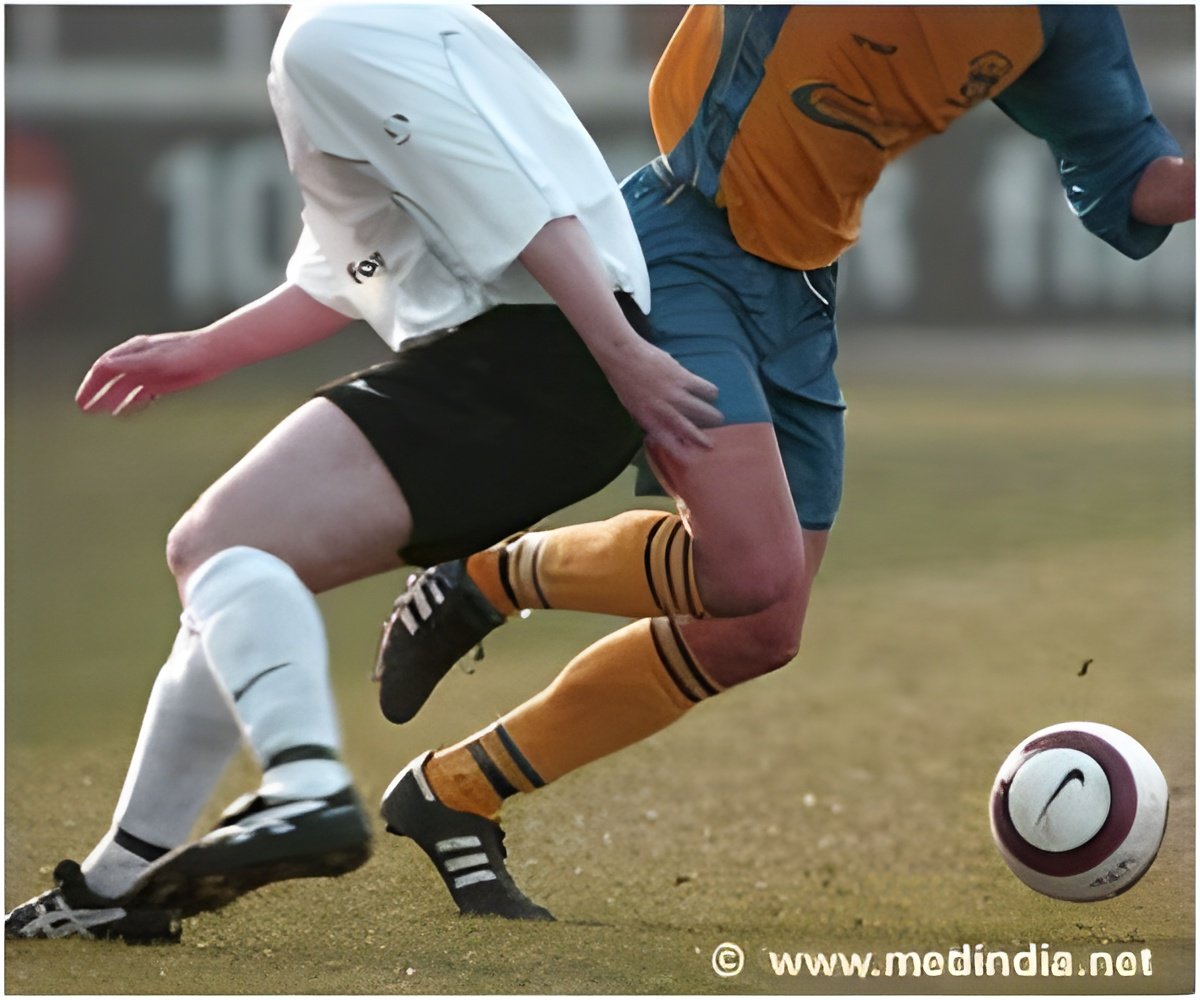
As Germany prays for a triumph in Sunday’s final, with almost half the nation expected to be glued to their televisions, the colours black, red and gold have graced everything from cars to fingernails to painted faces.
"The current national side represents the best vision Germans can have of themselves. Successful, charming, combative, yet compassionate, humble and cool," gushed a commentary in Die Welt newspaper.
Nothing illustrates the role of football in Germany’s collective psyche like the phrase "We are someone again", uttered by coach Sepp Herberger after Germany became world champions in 1954 in a 3-2 win over favourites Hungary.
People still speak in hushed tones about the "the miracle of Bern", a near mythical experience that has been immortalised in books and a 2003 movie by German director Soenke Wortmann.
For a nation that was physically and spiritually broken after World War II and the Holocaust, the unlikely victory nine years later in Switzerland is regarded by some as the true birth of modern Germany.
Advertisement
Thanks to the "Heroes of Bern", a shattered and still impoverished nation, could for the first time hold their heads high again.
Advertisement
Former chancellor Gerhard Schroeder has recalled that "the first time I felt German was in 1954 when at the age of 10 I sat in a bistro and watched Germany win".
"It was like a liberation for the Germans, from what had weighed on its conscience after the war," according to another historian, Joachim Fest.
Victory in football was new for Germans and raised the sport’s status.
West Germans’ new love for ’Die Mannschaft’ was rewarded by one of the best track records in world football, with three World Cup victories, in 1954, 1974 and 1990. Only Brazil and Italy have done better.
Communist East Germany did not do so well, with the state focusing its sporting resources on swimming and athletics.
"To the chagrin of the communist leaders, the public actually rooted for the West Germany team," said Gunter Gebauer of Berlin’s Free University.
The most recent World Cup win in 1990 came in between the fall of the Berlin Wall, on November 9, 1989 and reunification on October 3, 1990.
"The national euphoria was fuelled by the German team," recalled Gebauer.
Football fervor peaked again in 2006, when Germany hosted the World Cup, taking third place and international praise for its joyful hospitality.
"It was a great joy, the image of Germany abroad had changed. We weren’t as uptight as we were reputed to be, we knew how to party," said Gebauer.
A younger generation of fans, born long after the end of the war, showed less inhibitions about flying their national flag or -- long unthinkable -- singing the national anthem in packed stadiums.
"We are on the right track to be proud of what we have accomplished since 1945," then president Horst Koehler said in an interview with the top-selling Bild daily.
In the 2014 World Cup, football passion has again reached fever pitch, mixed with disbelief when Germany mauled traditional football greats Brazil 7-1 in the semi-finals.
Television viewership broke all records and peaked at 32.57 million, a figure expected to be topped when Germany tunes in Sunday, and when Chancellor Angela Merkel and President Joachim Gauck will cheer their side in Rio.
Source-AFP










